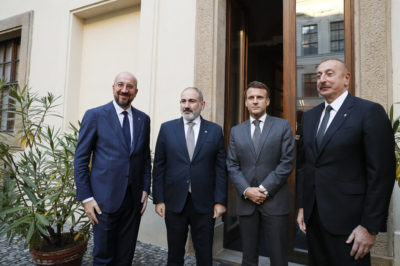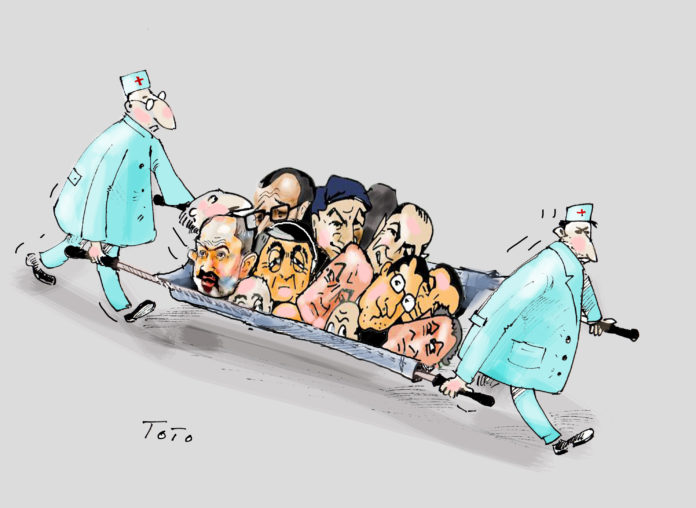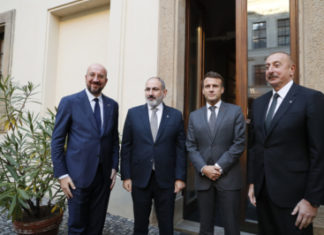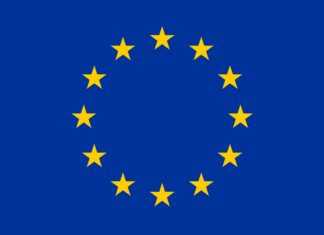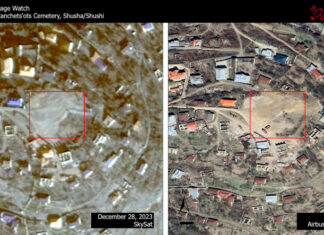Armenia’s snap parliamentary elections not only surprised the losers, but also the winners.
After the final rally by former president Robert Kocharyan’s supporters, observers believed that finally the Kocharyan campaign had gained traction by outnumbering Pashinyan’s final rally. But the polls had their own logic and gave a landslide victory to the incumbent prime minister by 54 percent.
Kocharyan came a distant second with 21 percent of the votes and Serzh Sargsyan’s I Have Honor bloc did not even manage the 5-percent threshold for political parties, let alone the 7-percent one for alliances. However, Sargsyan’s alliance will have seven representatives in parliament because Armenia’s electoral laws require three opposition groups in the latter body.
Although Pashinyan’s Civil Contract Party can pass any law in parliament with 71 representatives, Kocharyan is preparing to play hard ball, even without consulting the Sargsyan camp, which has not yet revealed its intentions as to whether it will join Kocharyan in his bid for the opposition.
The elections took place under peaceful conditions and the irregularities reported by the monitors did not impact the overall process.
Even before the final results were reported, congratulatory messages arrived from the European Union, Russia, France and other countries.
